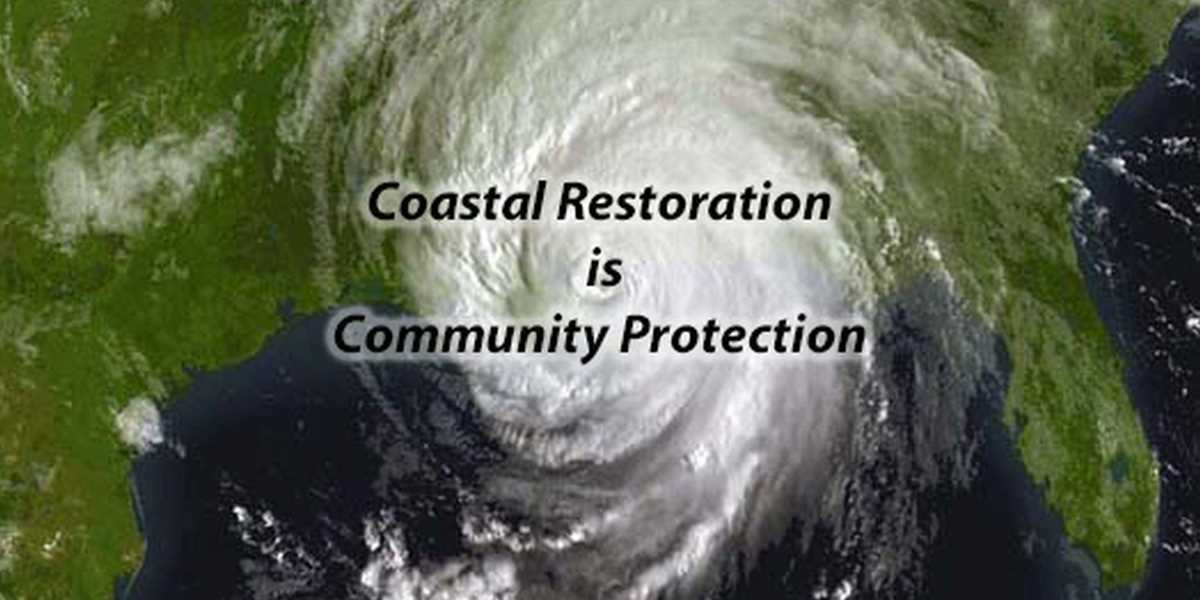Quantifying Ecosystem Benefits from DU Projects

A few years ago, Scientific Reports published a paper titled The Value of Coastal Wetlands for Flood Damage Reduction in the Northeastern USA. The article showed coastal wetlands play a crucial role as a first line of defense from storm surges along the Northeast coast. From an economic perspective, these same wetlands prevented more than $625 million in property damages.
This is only one of many unsung benefits derived from the wetland habitats that Ducks Unlimited and our conservation partners seek to protect, enhance and restore. Other societal benefits of wetlands include flood control, clean water, carbon storage, places for recreation and enjoyment of nature and homes to a wide range of plant and wildlife species, including the fish and waterfowl most of us pursue as outdoor enthusiasts. What about the enhanced economic values they provide? A Center for American Progress study indicated that 17.1 jobs, on average, were created for every $1 million invested in coastal restoration. This may not sound like a lot, however, when compared to job growth in industrial activities such as oil and gas development, this same $1 million creates, on average, 8.9 jobs over the same time frame.
We know that Ducks Unlimited’s habitat delivery programs contribute to these biological and economic values derived from wetland habitats, but the process to compute and quantify how much they contribute is not as easy as it may seem. Ducks Unlimited science staff are working to develop a system that will allow quantification of the many contributions our wetland conservation efforts provide to waterfowl and people alike.
This information will allow for enhanced communication and marketing of our product—viable wetland ecosystems– and help inform how Ducks Unlimited can provide solutions to sustainability issues such that people and nature can exist together.
Learn more about The Many Benefits of Wetland Conservation or Southern Region science efforts by contacting Dr. Dale James at djames@ducks.org.
